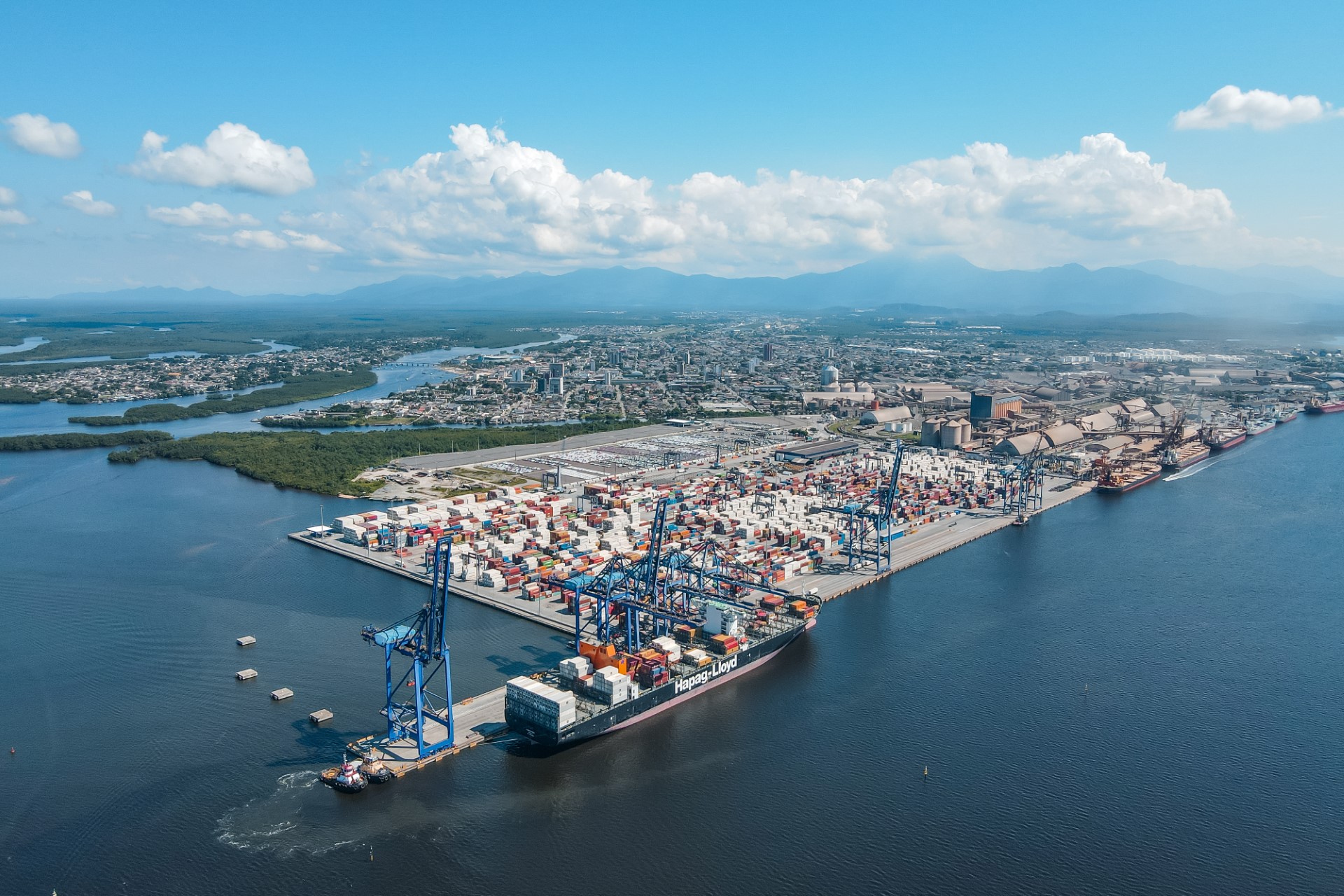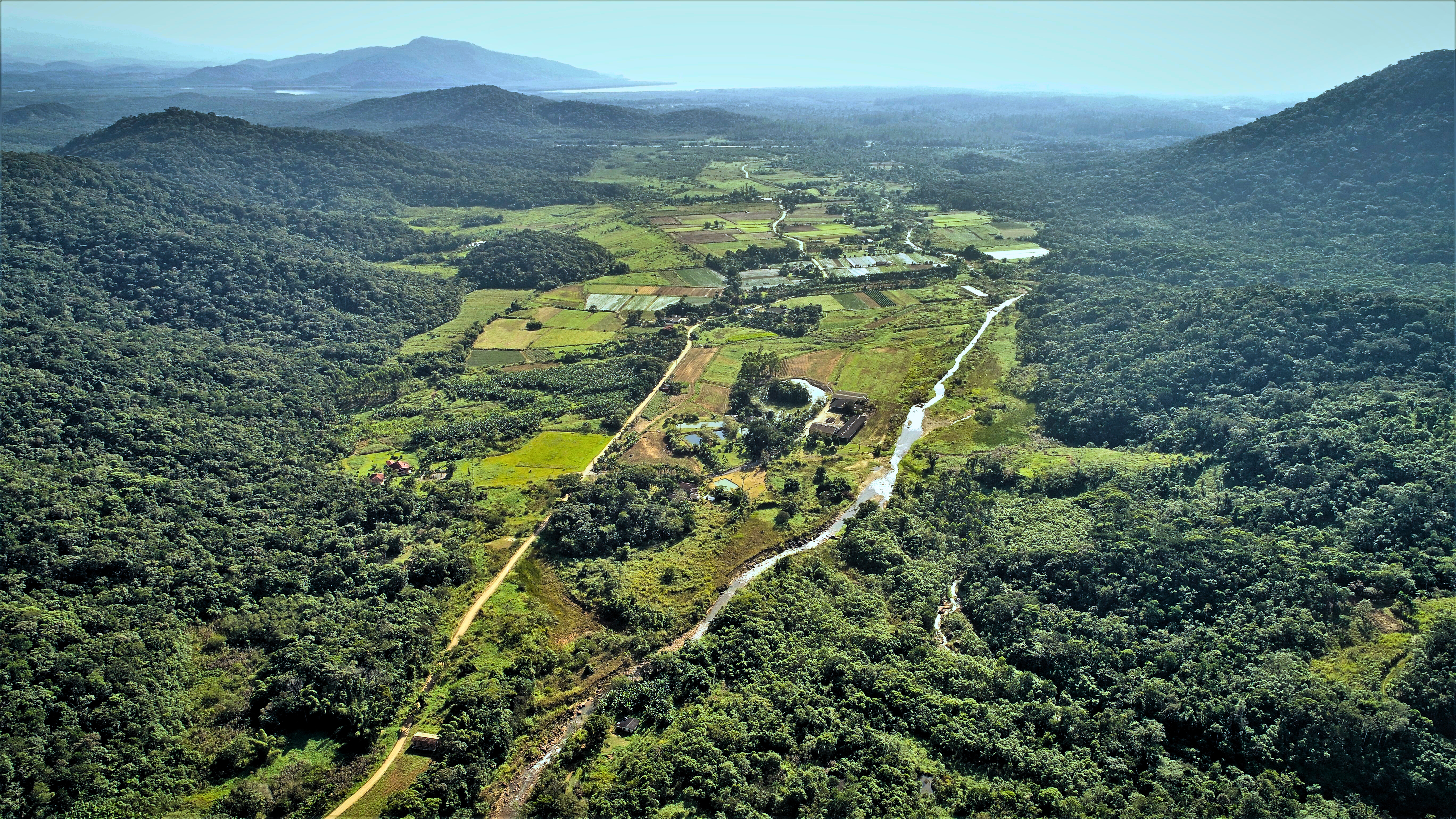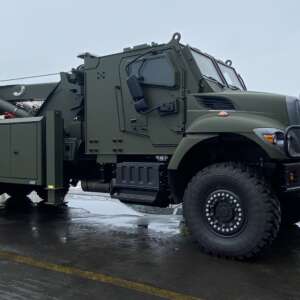Hapag-Lloyd announces restructuring of the service that connects the US Gulf with the East Coast of South America including weekly calls in Paranaguá.
The company that manages the Paranaguá Containers Terminal, TCP, will now have weekly calls of the GS1/UCLA2/GSA service connecting the Gulf of the United States to the East Coast of South America, a partnership between carriers Hapag-Lloyd, Mediterranean Shipping Company (MSC) and Ocean Network Express (ONE). The MSC Lausanne vessel, scheduled to dock on September 1, will mark the beginning of TCP’s 18th regular weekly service and will reinforce the terminal’s leadership in concentrating maritime services in Brazil.
The commercial manager of carriers, Carolina Brown, celebrates the new service, which provides more options for customers. “This is an excellent opportunity to increase our market share and develop new business, especially in exports in segments such as wood, pulp and paper and refrigerated cargo,” explains Carolina Brown.
Departing in Mexico, the line will continue to the United States, Colombia, Brazil, Argentina, Uruguay and will return through Brazil until it continues to Colombia and ending in the country of origin. There will be seven Hapag-Lloyd vessels, one MSC and one ONE. In all, nine vessels with an average capacity of 6.400 TEUs (measure for 20 feet long container) will be part of the fleet, with emphasis on Hapag-Lloyd’s Tokyo Bay container, with a capacity of 6,622 TEUs.
According to the commercial manager, the new line projects a volume of about 600 movements per vessel per week. “The vessel of the new line are, on average, 290 meters long and have 830 plugs to feed the containers with temperature control. To meet this great demand, we already have a project underway to expand the reefer yard, which will increase from 3,572 plugs to 5,126, an increase of 43% by the end of the year,” he says.
Another action that attracted the arrival of larger vessels was the expansion of the draft of the main channel from 11 to 12.30 meters and the alternative channel (Surdinho) from 11.50 to 12.30 meters. The draft is the depth between the lowest point of the keel (part of the vessel that strengthens the structure) of a vessel to the waterline. The berths have also undergone recent increases and today have 13 meters of draft. In all, there are 3 berths and 7 teams working on board the vessel, which favor the reception of new calls.
This is the second new line acquired by TCP in 2023. In February, the company announced the start of the Braservice service, operated by the Panamanian shipowner CTM, and represented in South America by Poseidon Container Shipping. The maritime route connects Paranaguá to Cuba, Colombia, Panama, Dominican Republic and Mexico.



